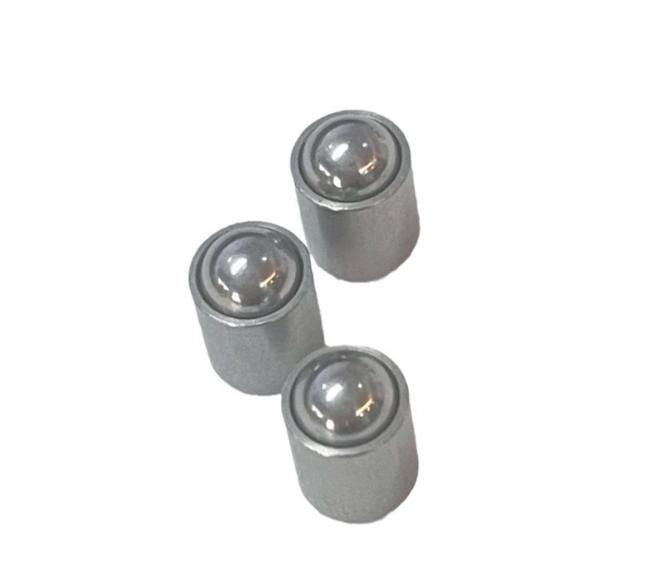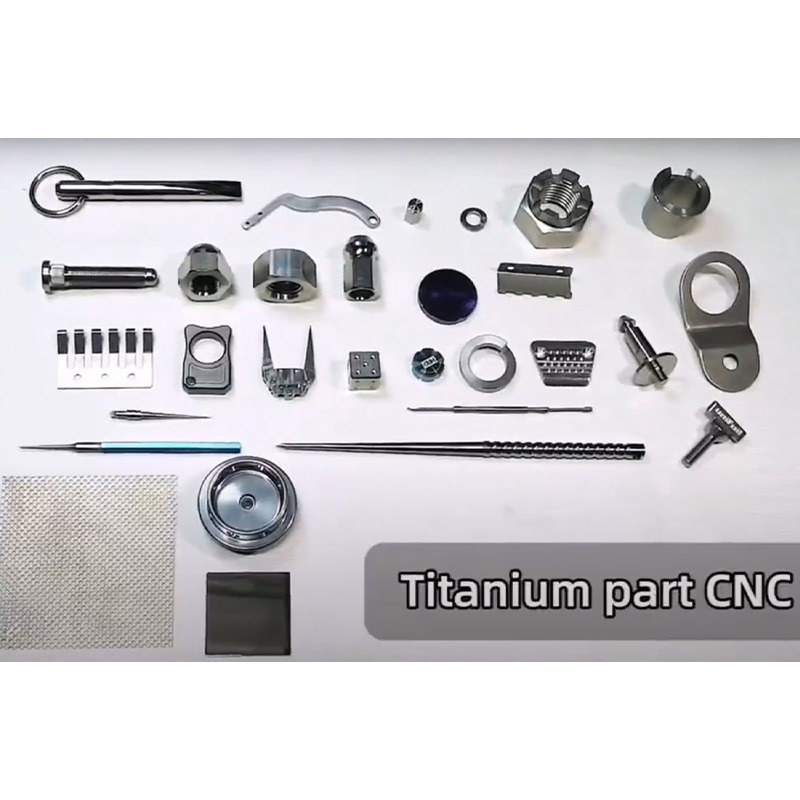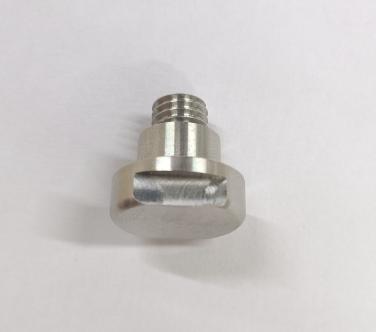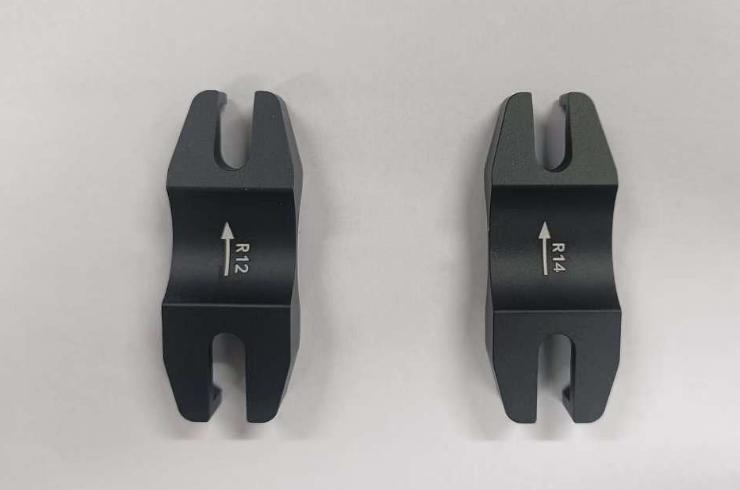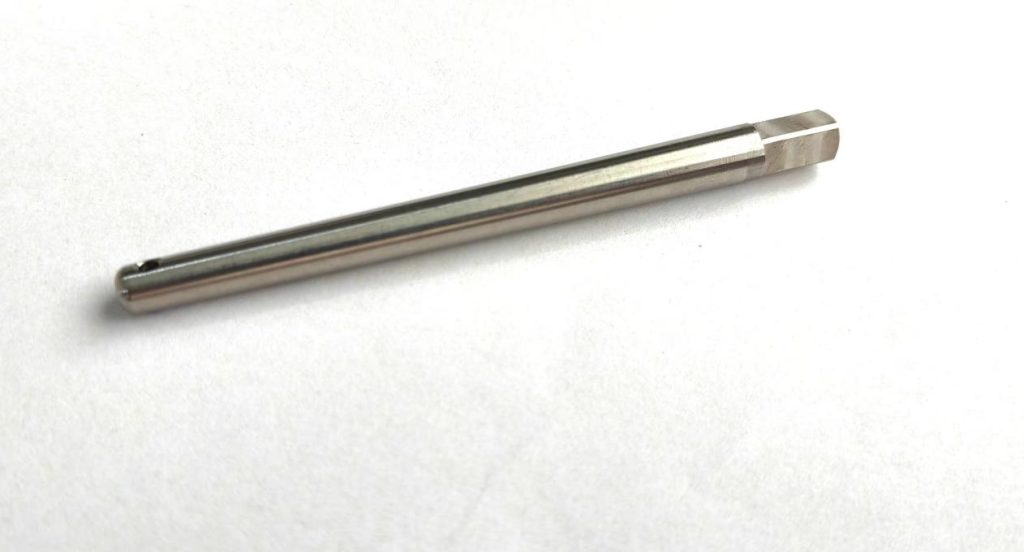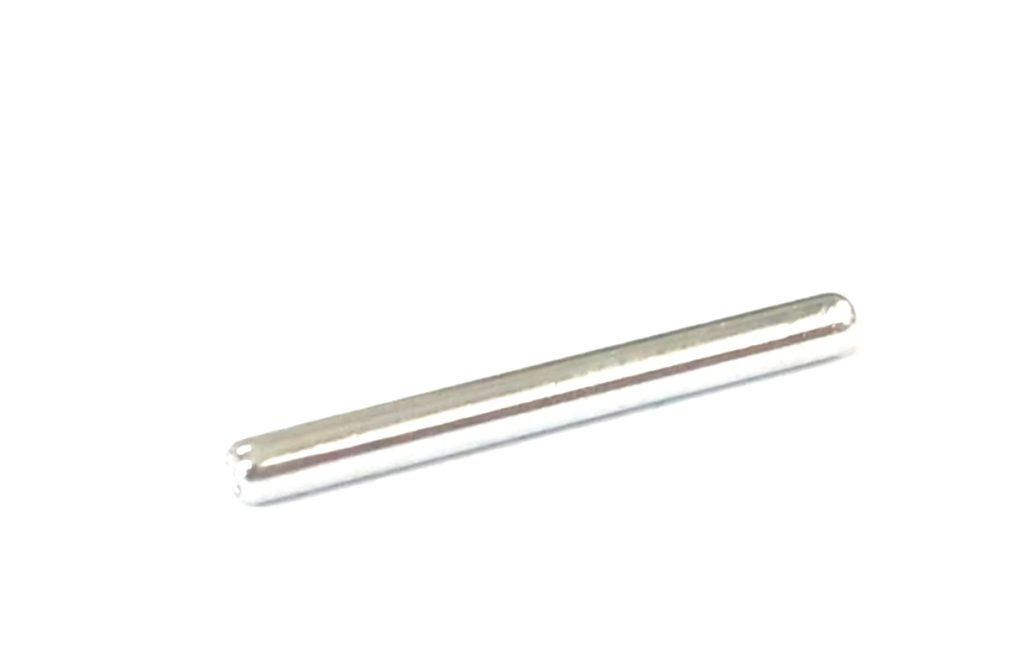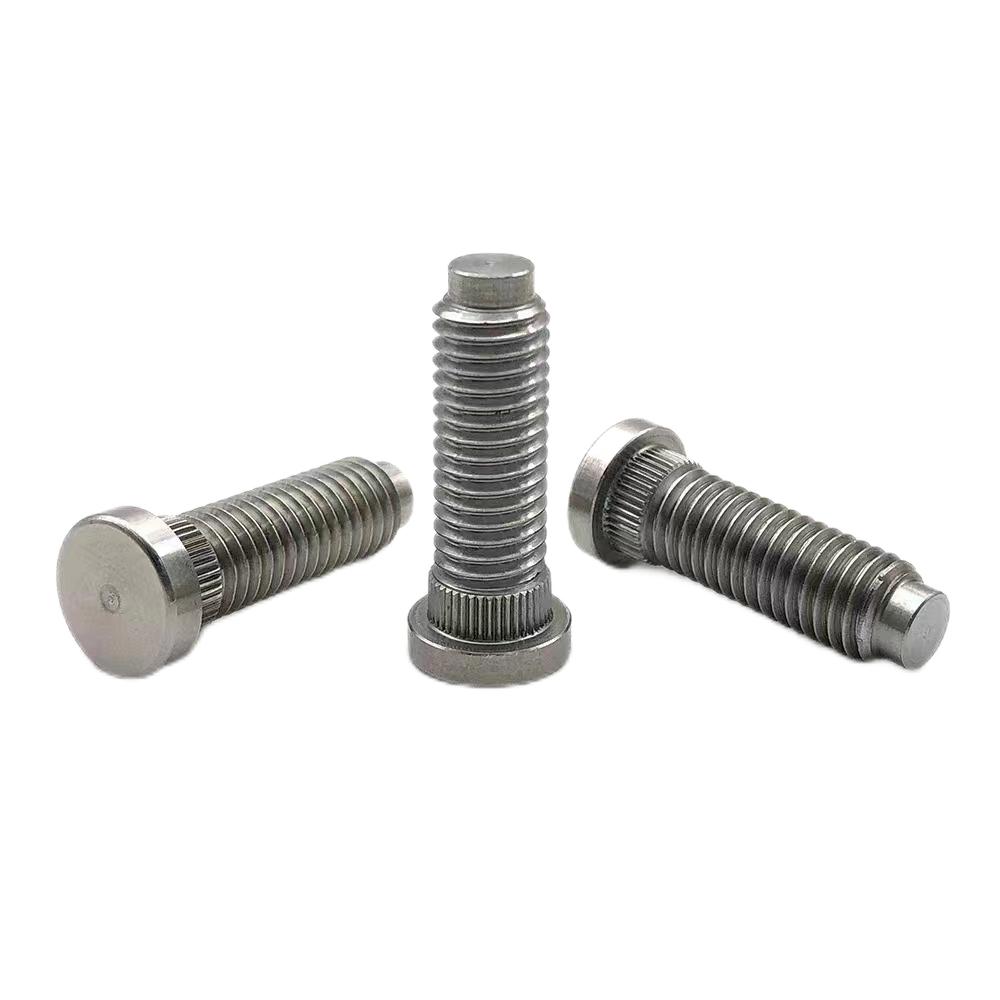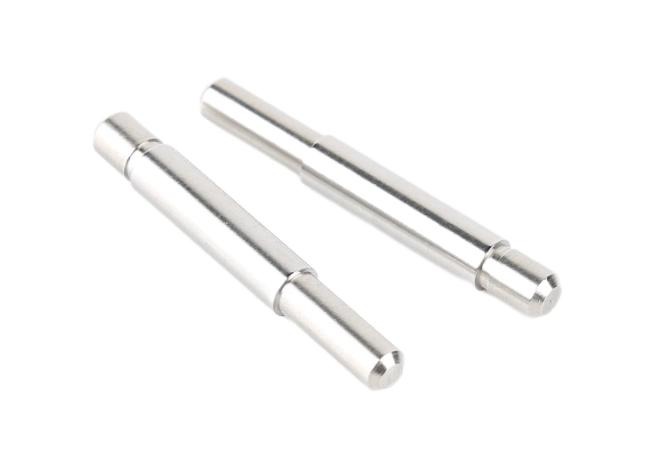How to Choose the Right Tools for CNC Boring in Different Applications?
CNC boring is applied to enlarge pre-drilled or cast holes with high precision. Selecting the right CNC boring tools for different applications ensures efficiency, accuracy, and cost-effectiveness. This article focus on the topic of how to choose the right the Right Tools for CNC Boring in various applications. Highlighting the different types of CNC boring tools and key factors to consider when choosing CNC boring tools for specific industry.
Table of Contents
Understanding the Types of CNC Boring Tools
CNC boring tools are designed to refine hole dimensions and improve surface finish. They are commonly used in automotive, aerospace, mold-making, and heavy machinery industries.
Main Types
This chart provides an overview of CNC boring tool types, helping in selecting the right tool for specific machining needs.
| Boring Tool Type | Application | Material Compatibility | Key Features |
| Rough Boring Tools | Initial hole enlargement, high material removal | Cast iron, steel, aluminum | High feed rates, multi-insert design, efficient chip removal |
| Fine Boring Tools | Precision hole finishing, tight tolerances | Stainless steel, titanium, super alloys | High accuracy, wiper inserts for smooth surface finish, minimal tool runout |
| Adjustable Boring Heads | Versatile hole sizing, variable diameters | Various metals and alloys | Diameter flexibility, modular configuration, suitable for different hole sizes |
| Micro-Boring Tools | Small-diameter hole machining, intricate applications | Stainless steel, medical-grade alloys | Extreme precision, minimal vibration, high surface quality |
| Modular Boring Tools | Large-diameter boring, deep-hole machining | High-strength steel, cast iron | Customizable configurations, rigid construction, improved stability |
| Anti-Vibration Boring Bars | Deep-hole boring, chatter reduction | Titanium, hardened alloys | Damping technology, enhanced accuracy, superior surface finish |
| Through-Coolant Boring Tools | High-speed machining, deep bores | Heat-resistant alloys, difficult-to-machine materials | Efficient chip evacuation, reduced heat buildup, extended tool life |

Key Factors to Consider When Choosing CNC Boring Tools
1. Material Compatibility
The workpiece material determines the appropriate cutting tool material and geometry. Softer materials like aluminum, brass, and plastics require tools with sharp cutting edges, often made from carbide or polycrystalline diamond (PCD), to minimize material deformation and ensure a smooth finish. In contrast, harder materials such as stainless steel, cast iron, and heat-resistant alloys demand more robust and wear-resistant tools, such as cubic boron nitride (CBN) or coated carbide inserts. These materials offer superior hardness and thermal resistance, reducing tool wear and increasing cutting efficiency.
2. Hole Diameter and Depth
Boring tools must be chosen based on the required hole size and depth. Micro-boring tools provide high precision for small-diameter holes, ensuring tight tolerances. For medium to large holes, adjustable boring heads offer flexibility in diameter adjustments, making them suitable for various applications. Deep-hole boring presents additional challenges such as tool deflection and vibration, which can negatively affect accuracy. To counteract these issues, anti-vibration boring bars and through-coolant tools help maintain stability and facilitate chip evacuation.
- Small Diameter Holes (<10mm): Requires micro-boring tools with high precision.
- Medium Diameter Holes (10mm–50mm): Standard boring heads with replaceable inserts work well.
- Large Diameter Holes (>50mm): Modular boring tools or fine-adjustable boring heads provide better stability and accuracy.
- Deep Holes (>3x Diameter): Anti-vibration boring bars prevent deflection and improve performance.
3. Precision and Surface Finish Requirements
Industries such as aerospace, automotive, and medical manufacturing demand high levels of accuracy and surface quality. Fine boring tools equipped with wiper inserts help achieve superior finishes while maintaining tight tolerances. Additionally, selecting the right tool holder is critical for precision machining. Hydraulic chucks and shrink-fit holders enhance tool stability, reducing runout and ensuring repeatable results. Proper tool clamping minimizes errors and enhances the overall quality of the machined component.

4. Chip Management and Cooling Strategies
Effective chip evacuation is crucial for maintaining tool performance and preventing damage to the workpiece. Internal coolant-fed boring tools improve heat dissipation and facilitate chip removal, especially in deep-hole boring applications. Proper chip control also prevents chip accumulation, which can lead to poor surface finishes and excessive tool wear. Using optimized chip breakers further enhances stability and improves efficiency of CNC machining.
5. Tool Rigidity and Stability
The rigidity of the boring tool directly affects its performance, particularly in high-precision applications. Tools with high rigidity reduce vibration and chatter, leading to more consistent results. Modular boring systems allow for better adaptability, enabling operators to optimize tool configurations based on machining requirements. For deep bores, vibration-dampening designs help maintain cutting stability and improve tool life.

Industry-specific Tool Selection for CNC Boring
This chart helps in selecting the right CNC boring tools based on industry-specific machining needs.
| Industry/Application | Material Type | Preferred Boring Tool | Key Features |
| Automotive | Cast iron, aluminum | Fine boring tools, adjustable boring heads | High precision, consistent tolerances, smooth surface finish |
| Aerospace | Titanium, Inconel, stainless steel | Vibration-dampening boring bars, coated carbide tools | High heat resistance, anti-chatter design, superior wear resistance |
| Medical Devices | Stainless steel, titanium | Micro-boring tools, PCD boring heads | Ultra-precise machining, superior surface quality, tight tolerances |
| Mold & Die | Tool steel, hardened alloys | Adjustable boring heads, modular boring tools | Flexible diameter adjustment, high rigidity, complex geometry machining |
| Heavy Machinery | Cast iron, carbon steel | Large-diameter modular boring tools | Robust design, high stability, ability to handle deep bores |
| Oil & Gas | High-strength steel, nickel alloys | Anti-vibration boring bars, CBN inserts | Extreme durability, deep-hole capability, heat and wear resistance |

Summary
Selecting the right CNC boring tools requires a thorough understanding of machining conditions, material properties, hole specifications, and precision requirements. By selecting appropriate tool materials, optimizing tool holding solutions, and implementing effective cooling and chip management strategies, manufacturers can enhance productivity, reduce tool wear, and achieve superior machining results.

